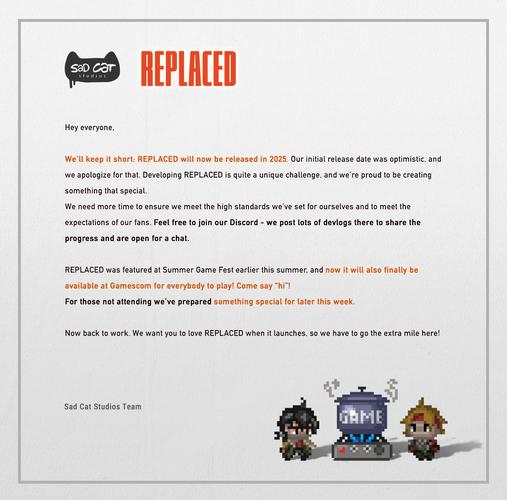Budget Game Using Fake Money: A Detailed Guide
Managing finances is a crucial skill that everyone should master. One effective way to teach this skill is through a budget game using fake money. This game is not only entertaining but also educational, helping you understand the importance of budgeting and making informed financial decisions. In this article, we will delve into the various aspects of this game, including its rules, benefits, and how to play it effectively.
Understanding the Game
The budget game using fake money is designed to simulate real-life financial situations. Players are given a set amount of fake money, which they must use to manage their expenses, savings, and investments over a specified period. The goal is to make the most of the available resources while ensuring that all financial obligations are met.

Setting Up the Game
Before starting the game, you need to gather the following materials:
- Fake money (you can print your own or use play money)
- Expense cards (e.g., rent, utilities, groceries, entertainment)
- Income cards (e.g., salary, bonuses, gifts)
- Bank account cards (to track savings and investments)
- Game board (to represent the game’s timeline)
Once you have all the necessary materials, distribute the fake money to each player. Set up the game board and place the expense and income cards face down on the board. Each player will take turns drawing cards and making financial decisions.
Game Rules
Here are some essential rules to follow during the game:
- Players must use their fake money to pay for expenses and save for future needs.
- Players can earn additional income by drawing income cards.
- Players can save money in their bank account cards, which can be used for future investments.
- Players must prioritize their expenses and savings, ensuring that they meet their financial obligations.
- Players can borrow money from the bank, but they must pay it back with interest.
Benefits of the Budget Game
Playing the budget game using fake money offers several benefits:
- Financial Education: The game helps players understand the importance of budgeting, saving, and investing.
- Decision-Making Skills: Players learn to make informed financial decisions based on their available resources.
- Responsibility: The game encourages players to take responsibility for their financial choices and consequences.
- Communication: Players must communicate and negotiate with each other, fostering teamwork and collaboration.
Playing the Game Effectively
Here are some tips to help you play the budget game effectively:
- Set Realistic Goals: Determine a budget that reflects your financial goals and stick to it.
- Track Your Expenses: Keep track of your expenses and savings to ensure you stay within your budget.
- Plan for Emergencies: Set aside some money for unexpected expenses or emergencies.
- Stay Informed: Keep up-to-date with financial news and trends to make informed decisions.
Example Game Scenario
Let’s say you have a budget of $100 for the month. Here’s an example of how you might allocate your funds:
| Expense | Amount |
|---|---|
| Rent | $40 |
| Utilities | $20 |
| Groceries | $30 |
| Entertainment | $10 |
| Savings | $10 |
In this scenario, you have allocated $40 for rent, $20 for utilities, $30 for groceries, $10 for entertainment, and $10 for savings. By following this budget, you can ensure that you meet


